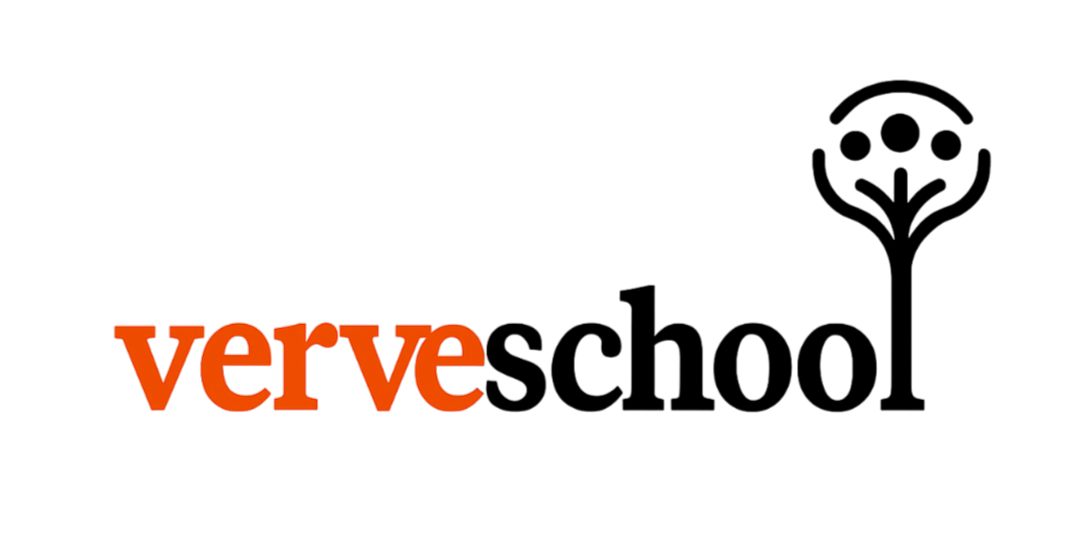the socratic unmentor
i used to think being a mentor meant having all the answers.
people would come with problems and i would dispense solutions. three steps to success. roadmaps. quick fixes.
it never worked. not really.
they would follow my steps, see a small bump, then circle back to where they started. because the roadmap was mine, not theirs.
so i stopped giving answers.
i started asking questions.
why do you think your sales are down.
what does stuck feel like.
if you could change one thing what would it be.
at first people were frustrated. they wanted the magic bullet.
but slowly something shifted. they started thinking. digging deeper. finding their own answers.
that is when i became a socratic un-mentor.
the socratic un-mentor does not give you what you want. they give you what you need.
not answers. better questions.
this is counterintuitive. reasonable mentorship is efficient. you ask, i answer, we move on.
but reasonable mentorship creates dependency, not growth.
unreasonable mentorship refuses to give you the fish.
it sits with you in the discomfort of not knowing. it guides you patiently as you learn to fish for yourself.
the socratic un-mentor has a smallest viable audience.
not everyone wants this kind of mentorship. most people want the easy answer, the shortcut, the template.
but some people are tired of easy answers.
they are ready to do the work. they want to take responsibility for their own growth.
these are your people. the seekers. the questioners.
the ones who understand that the best solutions come from within.
and when you find them, something remarkable happens.
they become transformed by the process of self-discovery. they cannot help but talk about it.
not because you asked them to, but because they have had a breakthrough.
this creates a community of seekers, not followers.
the power flows horizontally, through connections and shared discovery.
the socratic un-mentor becomes a facilitator, not the center.
success is not measured by how many followers you have but by how many leaders you create.
by how quickly you can make yourself obsolete.
because the goal of the socratic un-mentor is not to be needed forever.
it is to help you find the mentor within yourself.
the socratic un-mentor is a catalyst.
a question in human form.
a mirror that reflects your own wisdom back to you.

